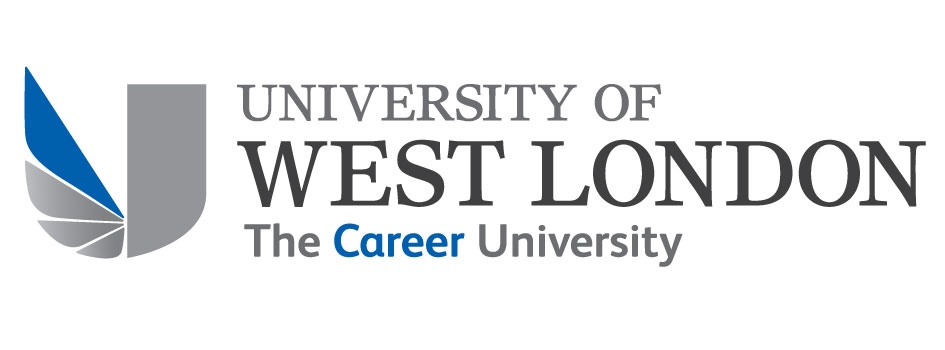Feasibility study: Effect of virgin coconut oil in older adults diagnosed with mild to moderate dementia
Kirti Paik-Inkar
London Geller College of Hospitality and Tourism
Supervisors:
Dr Amalia Tsiami
London Geller College of Hospitality and Tourism
Dr Snorri Rafnsson
School of Medicine and Biosciences
Dr John Hughes
School of Medicine and Biosciences
Purpose / Objective:
At present, more than 55 million individuals are living with dementia (ILWD) worldwide and this figure is expected to reach 139 million by 2050. There are no available treatments that will relieve the symptoms, cure or control the progression of dementia. Thus, this study would evaluate the effectiveness of self-management in chronic conditions by conducting a feasibility study to determine the practicality of delivering virgin coconut oil (VCO) in ILWD and those with mild cognitive impairment (MCI).
Research Question:
How effective is it to employ a self-management approach and utilise VCO in ILWD to assess overall cognition, quality of life, ketone concentration, verbal memory, verbal fluency, processing speed, attention and visual spatial memory.
Design:
This study will employ a mixed-method randomised parallel-group exploratory study design.
Method: Stages of the Feasibility study
Stage 1 - To review and critically evaluate the literature.
Stage 2 - Conduct Delphi Survey model validity.
Stage 3 - Mixed methods to analyse quantitative and qualitative components.
Proposed Steps for Stage 3
Initial Contact – Informed consent. Information (20min).
1st T0 – Initial Assessment
Randomisation T1- Group allocation
Follow up after six weeks T2
Follow up after 12 weeks T3
Memory tests, questionnaires, Ketone tests, and 4-day food tests will be done on the 1st, 3rd and 4th assessment days.
Findings:
The findings will be utilised to assess the feasibility of the design utilised. The main objective is to understand whether the study design would accurately determine the effectiveness of the intervention, the sample size required, appropriate outcome measures, and the best way to recruit the participants.
Impact of the study:
The intervention may assist the ILWD to understand their self-care/ management options. These self-management interventions could benefit the economy by lowering the national financial burden by reducing hospitalisations and improving overall well-being, which will promote independent living for as long as possible.

